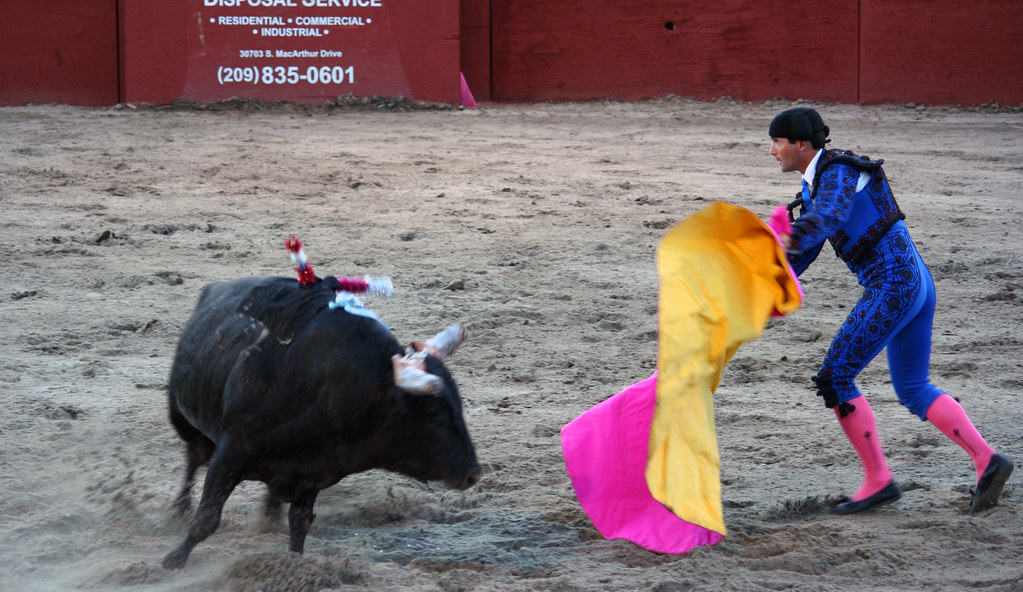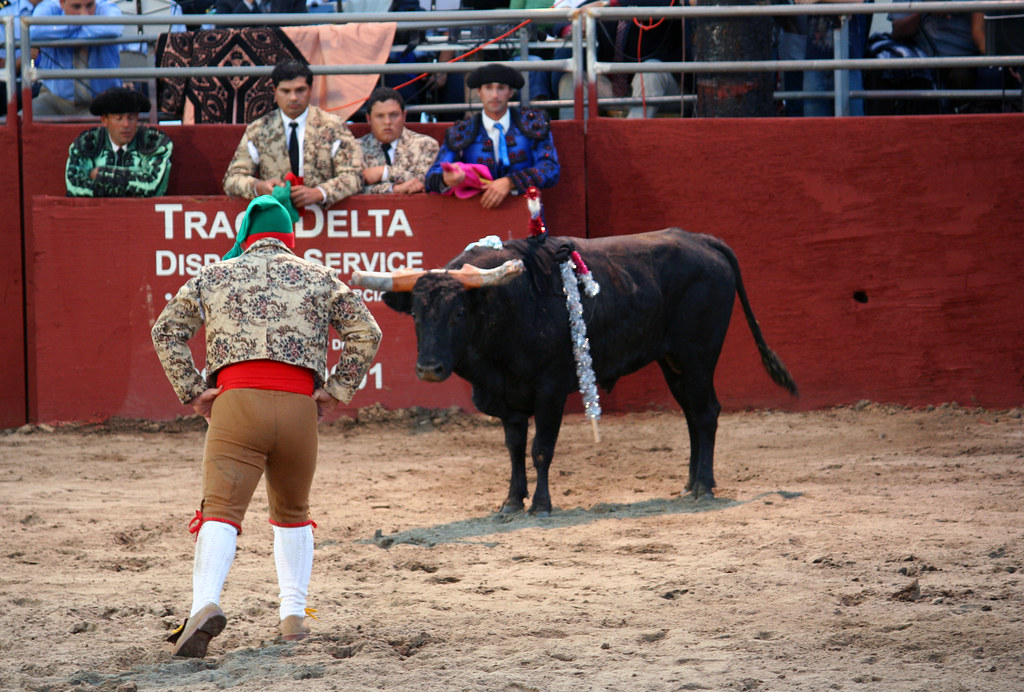 |
| Image by Amal Manikkath |
Authors are often asked where we get our ideas. I get mine from fortune cookies.
Just kidding.
I got the idea for CANALS after driving over, or next to, yet another irrigation canal in Modesto, California. One day I thought, what if there was a monster in the canals? Man, no one would be safe because those canals are everywhere. Just about everyone who lives in Modesto and has a decent arm could throw a rock into an irrigation canal from somewhere on their property.
I got the idea for THE MIGHTY T from a newspaper article about the O’Shaughnessy Dam and the Tuolumne River. That dam is still a hot topic today. Environmentalists want it torn down so the Hetch Hetchy Valley can be restored... Well, not all environmentalists. The ones in San Francisco don’t because they get their clean, pure drinking water form the Hetch Hetchy Reservoir.
I wrote DEATH OF A MATADOR after attending a Portuguese bloodless bullfight in Stevensen, California. It was one of the craziest things I’d ever seen and I thought it would made a good story.
SUNSET HILL followed MATADOR, but wasn’t inspired by anything other than the fact that Mindy got away at the end of THE MIGHTY T. She was too good a character to just let go like that.
The idea for THE KING OF ROUND VALLEY sprung from a location: the place Grant ended up at at the end of SUNSET HILL. That’s where he was so I began looking into what might be going on in Mendocino County...
 |
| Image by Vjeran Lisjak |
Because I only walked for 30 minutes, I only made it up to Marc Goodman’s section, What Does The Future Of Crime Look Like? I was particularly struck by Nina Tandon’s and Richard Resnick’s segments. Tandon’s company is growing bones from stem cells and Resnick says sequencing genes will likely change the way we live.
Now, couple this with my recent experiences in ordering a new iPhone and iPad and ... BAM! An idea for a story sprouted. At first it was a short story, but after I’ve a couple of days to play with it, it’s gonna be a novel. And I think it’s gonna be really good.
It’ll be about the way we pick our children in, oh, about a hundred years from now.












